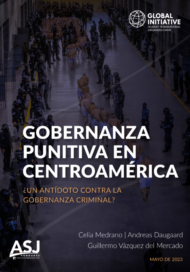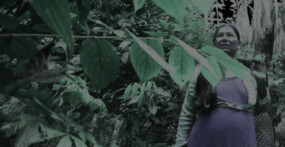Posted on 18 Jan 2013
by Richard Downie
The police are one of the most critical institutions of the state. This is particularly true in nations emerging from conflict, which are characterized by insecurity and high levels of crime. Without security, governments cannot begin rebuilding their economies and improving the lives of their citizens. As a result, they will continue to struggle for legitimacy, and a return to conflict will remain an ever-present risk. For citizens, a police officer is the symbolic representation of state authority. Their view of the state and their acceptance of its authority are partially shaped by their interactions with the police.
Unfortunately, many Africans have entirely negative perceptions of the police. In many countries, the police are ineffective, unprofessional, corrupt, even predatory. Their primary interest is in protecting the government in power rather than serving the public. They are often sources of insecurity rather than providers of security—people to avoid, not to seek out, in the event of trouble. For other African citizens, particularly those living outside urban areas, the police are conspicuous by their absence. Many, perhaps the majority, of Africans rely on non-state security providers such as neighborhood watch groups and chiefdom police to keep them safe.
The aim of this report is to look at what the United States has been doing to help reform or transform the police in three African states: Liberia, Sierra Leone, and South Sudan. It provides recommendations of what could be done better, or differently, based on an assumption that the federal budget for overseas policing will remain small. The findings are based on meetings with policymakers and other experts in Washington, D.C., as well as interviews with program implementers, government officials, police, and civil society representatives in all three countries.



